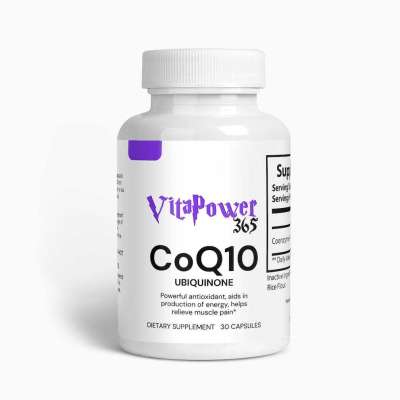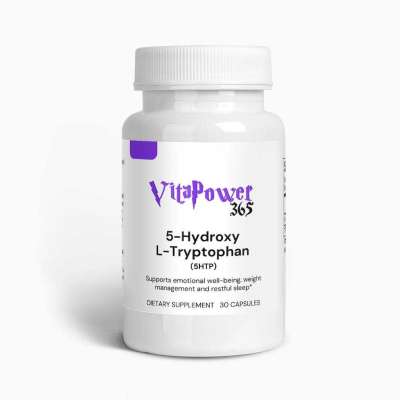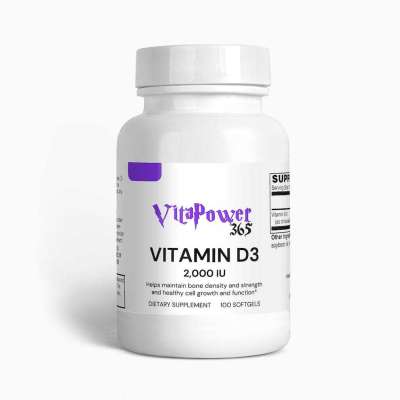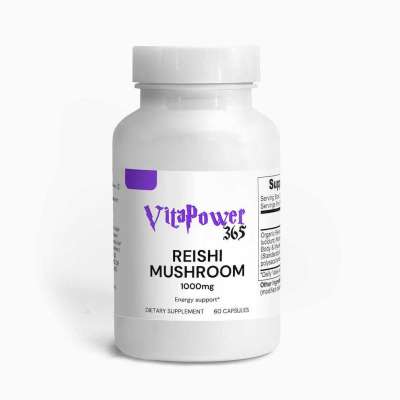Biostorage Service Market to Exceed USD 11 Billion by 2035 Driven by Research Growth and Long-Term Sample Preservation
The Biostorage Service Market was valued at USD 4.6 billion in 2024 and is forecasted to grow significantly, reaching approximately USD 11.0 billion by 2035, expanding at a CAGR of 8.2% during the period from 2025 to 2035. This market is a vital part of the biotechnology and pharmaceutical ecosystem, providing advanced storage and management solutions for biological samples like DNA, tissues, blood, stem cells, and vaccines. Biostorage services play a crucial role in ensuring sample integrity, regulatory compliance, and timely access to critical specimens for clinical trials, academic research, and drug development.Market segmentation spans across product type (room temperature, cryogenic, refrigerated) and applications (R&D, diagnostics, clinical trials, biobanking, and cell therapy). As the life sciences and regenerative medicine fields grow, demand for reliable long-term storage and traceable logistics is accelerating. Moreover, the emergence of precision medicine, global collaborations, and the surge in chronic disease studies are expanding the opportunities in the biostorage ecosystem.
Request Sample-https://www.metatechinsights.c....om/request-sample/10
Key Market Drivers Fueling Biostorage Expansion
Two major forces are propelling market growth. First, the exponential increase in clinical research and genomic studies is generating a massive influx of biological data and samples that require secure storage. According to ClinicalTrials.gov, over 480,000 clinical studies were registered globally as of 2024. Second, increasing government and private investments in personalized medicine and biobanking are fueling infrastructure development. The NIH alone allocated over USD 3.5 billion to biomedical research storage initiatives in the last fiscal year.
Room Temperature Storage Driving Segment Growth
Among product types, room temperature storage is emerging as a key segment due to its cost-effectiveness, lower energy consumption, and ease of logistics. This method enables the stable preservation of DNA and other analytes without the need for complex cold chain infrastructure, making it ideal for decentralized labs, developing nations, and long-term archival. Advances in stabilization technologies and dry matrix formats have improved sample recovery and shelf life, enhancing adoption across research facilities and pharmaceutical companies.
Full Report-https://www.metatechinsights.c....om/industry-insights
R&D Application Leading Market Demand
The Research and Development (R&D) segment dominates the application spectrum of the biostorage service market. Continuous investment in drug discovery, genetic sequencing, and regenerative therapies has triggered a surge in biological sample generation. With global R&D expenditure surpassing USD 2.5 trillion annually, the need for secure and scalable sample storage has intensified. Collaborations between academia, CROs, and pharmaceutical companies further amplify the demand for compliant, long-term biostorage services.
North America Biostorage Market Outlook
North America leads the global market owing to advanced infrastructure, strong government funding, and widespread adoption of personalized healthcare. The U.S. boasts a robust biobanking network, with over 500 active facilities supporting medical and genomic research. In addition, regional players are investing in automation, AI-integrated inventory management, and temperature-controlled logistics, all of which are enhancing service efficiency and traceability.
Buy Now-https://www.metatechinsights.com/checkout/1087
Global Competitive Landscape in Biostorage Services
The global Biostorage Service Market is moderately consolidated with leading players including Thermo Fisher Scientific, BioLife Solutions, Azenta Life Sciences (Brooks Automation), Biocair, Cryoport Systems, Hamilton Storage, BioStorage Technologies, Avantor, LabVantage Solutions, and Tissue Solutions. These firms focus on strategic collaborations, capacity expansion, cloud-based sample tracking, and regional service centers to enhance reach and customer trust.
Investments in blockchain-enabled traceability, AI-driven analytics, and regulatory certifications (GMP, ISO 20387) are becoming crucial differentiators in winning global contracts.
पसंद करना
टिप्पणी
शेयर करना












